We recently connected with Adam Lovell and have shared our conversation below.
Adam, thanks for joining us, excited to have you contributing your stories and insights. It’s easy to look at a business or industry as an outsider and assume it’s super profitable – but we’ve seen over and over again in our conversation with folks that most industries have factors that make profitability a challenge. What’s biggest challenge to profitability in your industry?
The biggest challenge to profitability in the wine industry, especially for my business, is working with people’s perception of value. I work with small producers who make artisanal, minimal-intervention wines. These wines are labour-intensive to produce and only possible on small plots, resulting in limited quantities but outstanding quality. The producers are deeply connected to their land and use holistic, natural methods.
However, wine is often seen as a cheap commodity, especially in Europe, where people are used to paying as little as three euros for a supermarket bottle. The worst thing in the wine industry is this concept of homogeneity’. A wine shouldn’t taste the same year after year as the grapes and resulting wine will show the unique impression that the terroir of that year has placed on it. These mass-produced wines on the other hand are made like coca-cola and are highly manipulated to taste the same every year, using additives and industrial processes. By contrast, the wines I offer are made with just grapes and a touch of sulphur, and their flavours reflect the land and the season.
Many consumers, despite wanting to drink more eco-consciously struggle to understand why my wines cost more, even though I’m not selling ultra-expensive bottles. Just high-quality wines in the 15 to 30 euro range. It’s like comparing a handcrafted product to a mass-produced one. Like asking why a designer handbag costs so much when they saw another handbag for 10€ at their local market. Unless someone is a wine enthusiast, it can be hard to convince them that the extra cost is worth it for the craftsmanship and authenticity.
Another challenge is competing with large online retailers who can afford to sell at very low margins, thanks to their huge range and scale. My business involves careful curation, content creation, travel, and higher fulfilment costs, so my prices are a bit higher. But I offer a unique, ever-changing selection that reflects real passion and expertise.
Overall, the main barriers to profitability are the perception of wine as a commodity and the difficulty of explaining the true value of artisanal wines to a wider audience.
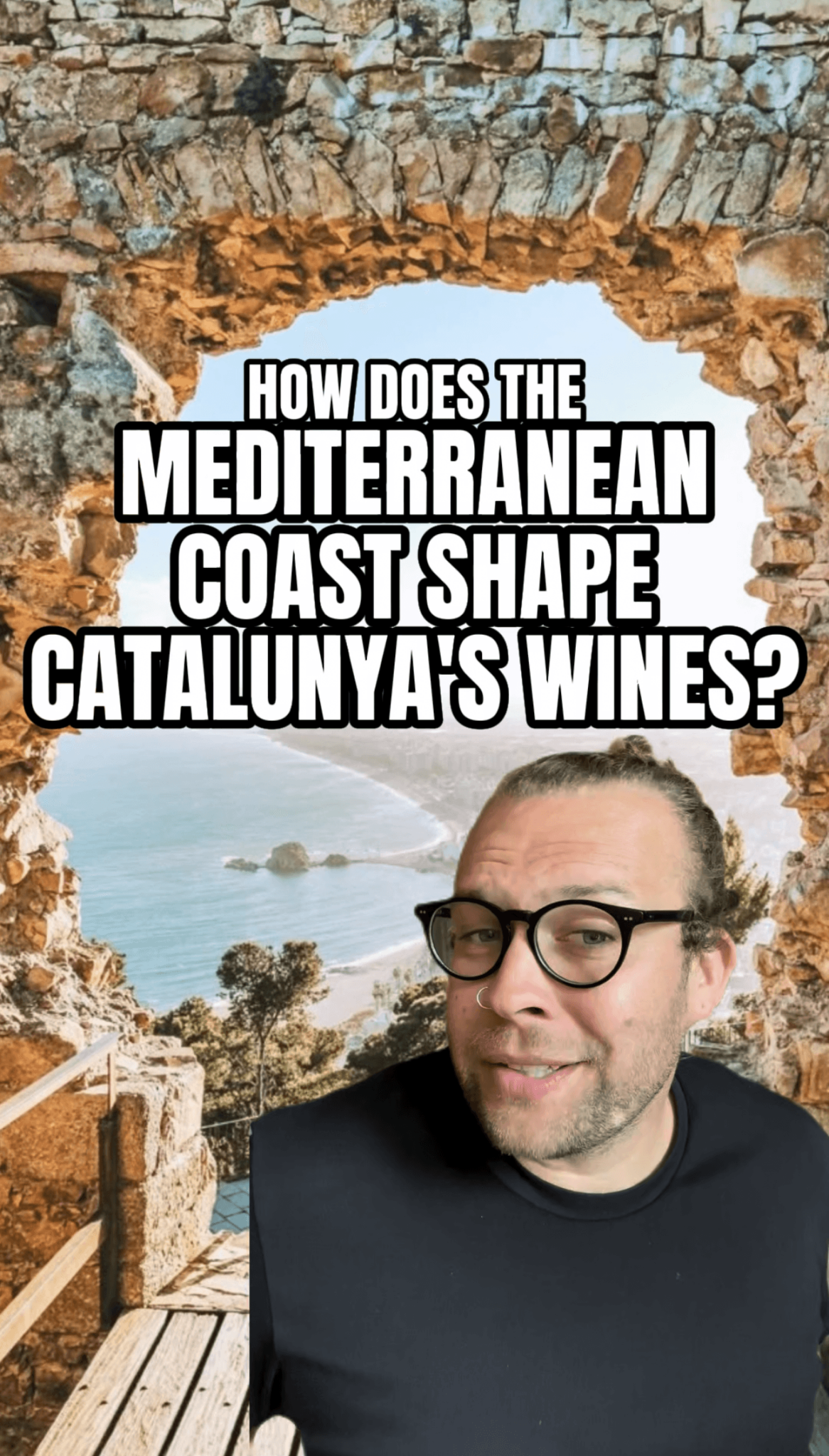
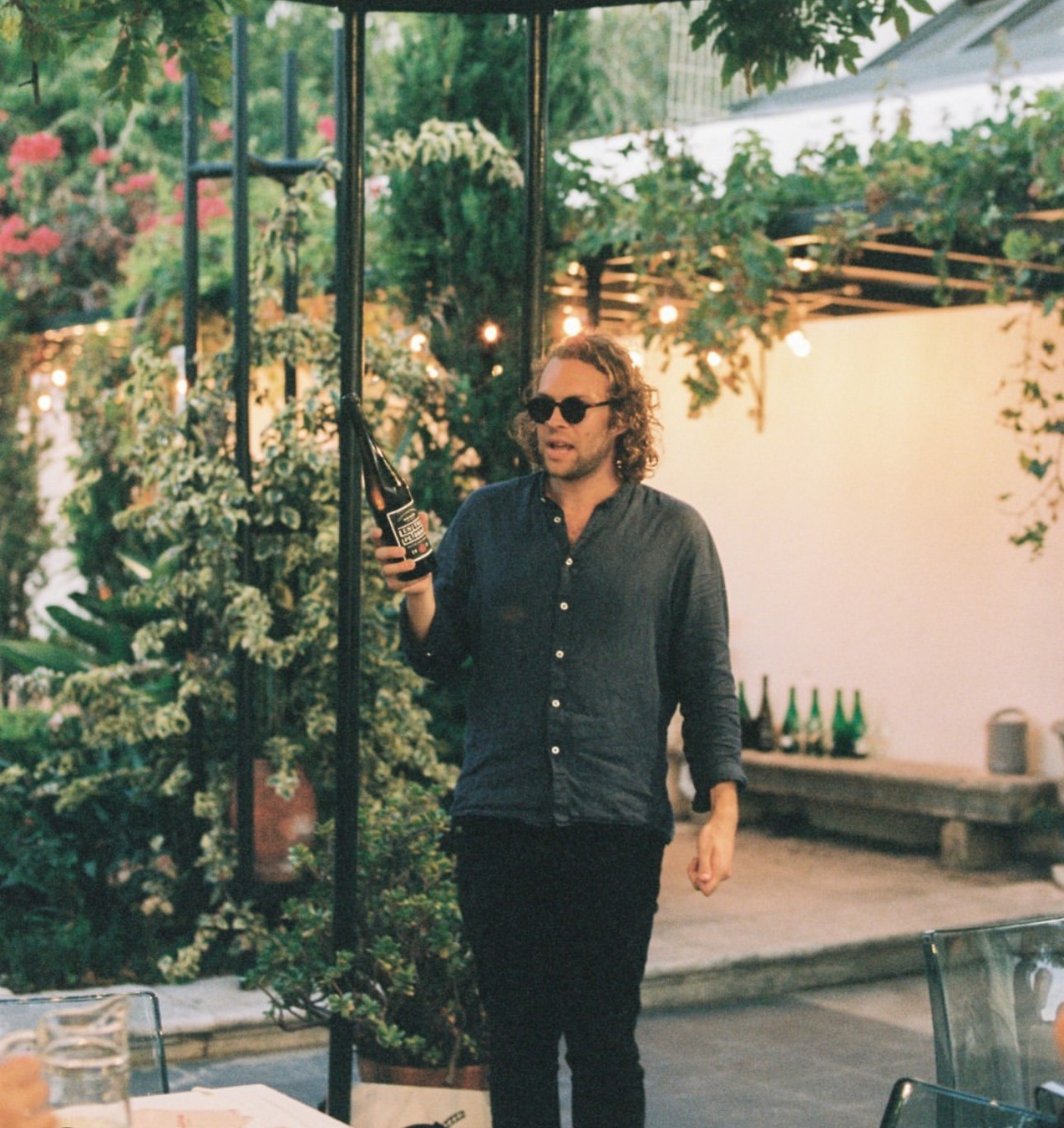
Adam, before we move on to more of these sorts of questions, can you take some time to bring our readers up to speed on you and what you do?
My name is Adam Lovell and I am a wine geek from Auckland, New Zealand with a passion for both business and wine; now, I does both at the same time. I cut my teeth in the restaurants, vineyards, and wineries of my home, Auckland. I came to Europe nine years ago and have been working on various wine projects including exporting, marketing, vineyard hand, cellar hand, guy with the shovel and general fanatic. More recently I was the wine curator at the respected Sem restaurant in Lisbon. Now, I am turning my talents and unbridled enthusiasm to help spread the word of wicked low-intervention wine projects from Portugal and Spain with the world through my project Bomb Vinho. With this I do content creation for social media, writing, tasting events, export consulting, D2C sales and more
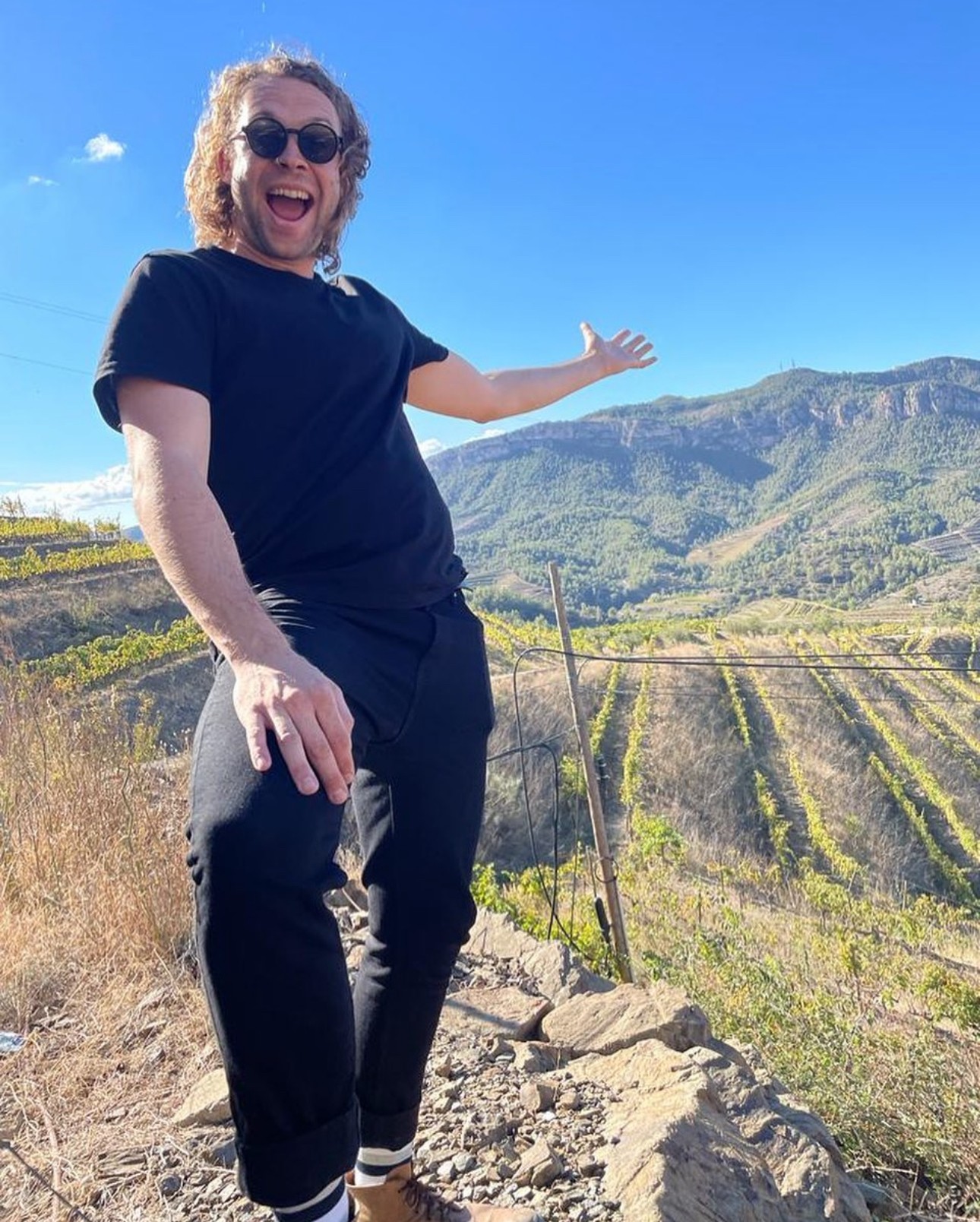
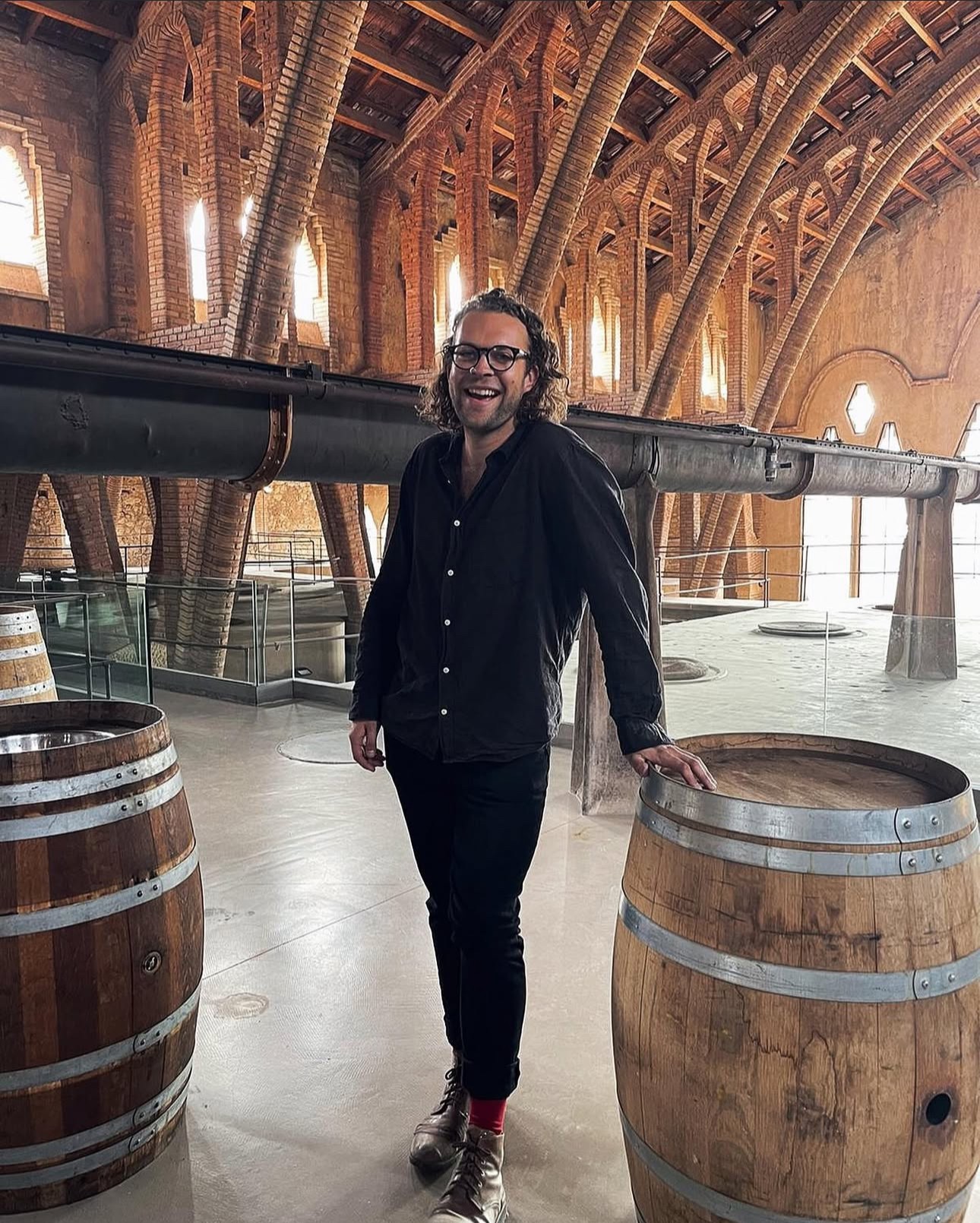
Let’s talk about resilience next – do you have a story you can share with us?
A story from my journey that really stands out is about how small actions can lead to unexpected and meaningful outcomes. Over the past few years, I’ve tried many ways to turn my passion for wine and for supporting amazing producers into a business. One of the ways I’ve grown my audience is by hosting events in partnership with bars, not just in Lisbon and Madrid, but even as far as Los Angeles and New York.
About two years ago, while in New York with my wife, I organised a couple of wine events at local bars. At one event, I met a guy named John, who was really into wine. He enjoyed the event so much that he came to another one the next day, and since then, we’ve become friends. Over the years, he and his friend Dee have visited me in Portugal and Spain for wine trips, which have always been a highlight. Great company, great wines, and new adventures.
Recently, John and Dee visited me in my current home in Catalunya, Spain. We started talking about the local wine scene and what the town might be missing. Without giving too much away, their visit sparked the idea that they might want to invest in a project with me here, which is both amazing and exciting.
Through all my efforts – events, tastings, retail, consulting, I’ve had small successes but haven’t yet found the one thing that truly sticks and feels scalable for the long term. Sometimes, it feels like I’m drifting lost at sea without a rudder. But this experience with John and Dee has shown me that every bit of energy you put into your business, even when it feels wasted, can eventually come back in surprising ways. What seemed like a minor event in New York has turned into a potential new opportunity years later that has the potential to change world for the better forever.
So, the lesson is: keep putting in the effort and energy, even when you’re unsure of the immediate results. You never know when your persistence will pay off.
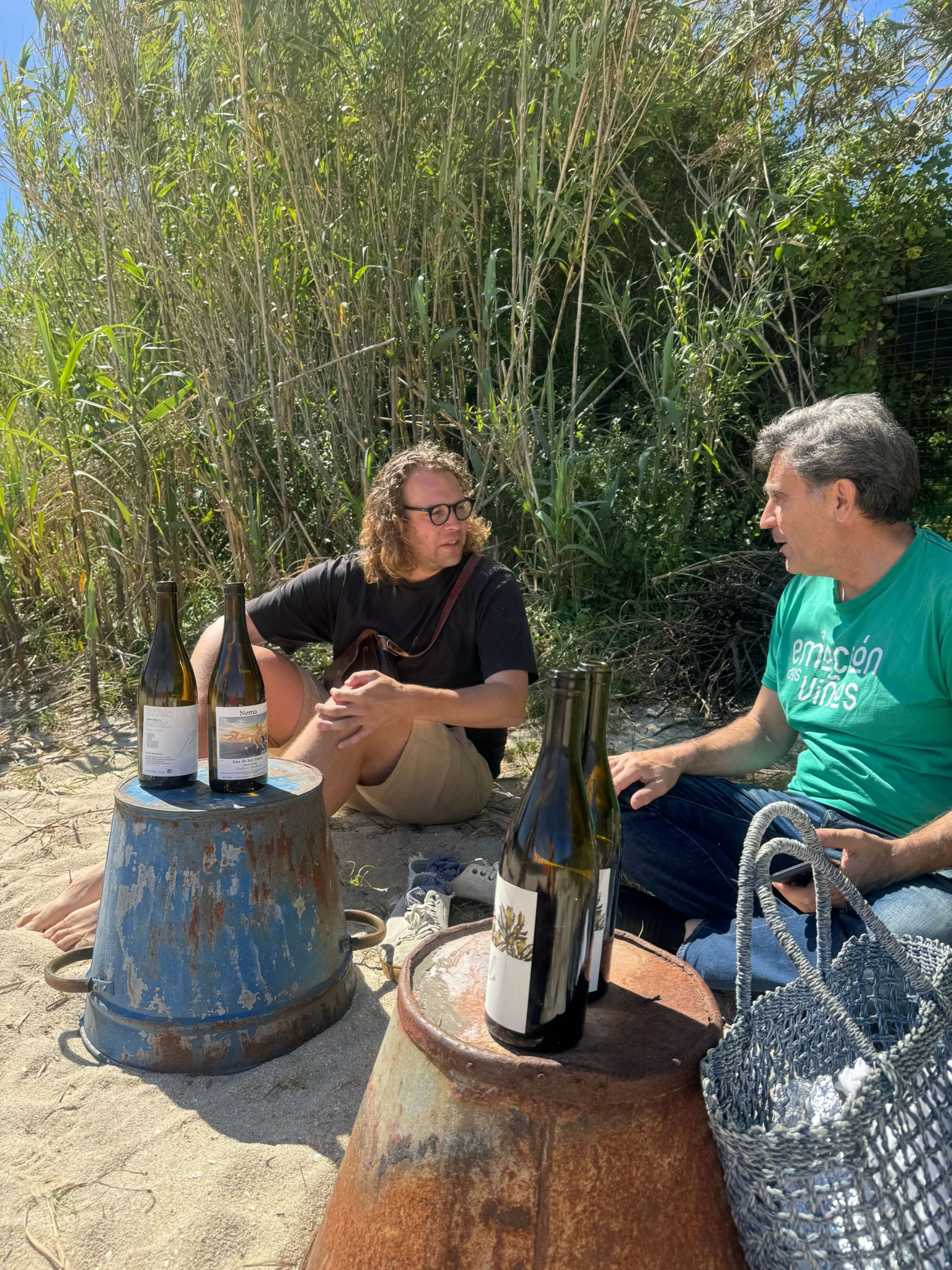
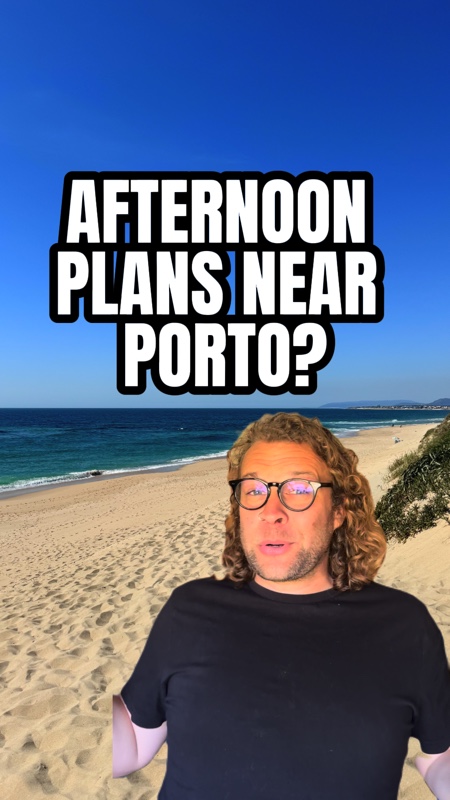
Any stories or insights that might help us understand how you’ve built such a strong reputation?
The most valuable thing I’ve learned for building success in any business is personal branding. Personal branding means establishing yourself as an expert in your field so that when people think of your niche, whether it’s wine, fashion, or anything else, they think of you as the go-to person that will be able to answer their questions and solve their problems.
The best way I’ve found to build my personal brand is by creating content. For me, that’s meant making Instagram Reels and TikTok videos, as well as writing on platforms like Substack. I’ve produced hours of video content, sometimes posting up to five videos a week about the wine from Portugal and Spain. I have also written a book and uploaded many substack posts. As a result, I’ve grown my following to over 12,000 people, and it keeps increasing.
While the content itself doesn’t pay me directly, it’s opened up countless opportunities. People have approached me for consulting, producers have offered me work, investors have found me through Instagram, and even strangers on the street have recognised me and wanted to collaborate or buy wine and/or my book. Establishing yourself as an expert creates so many new avenues for growth.
Instead of asking people if they want to buy something your selling, tell them why these products are better than others. By educating people, giving away free information, people come to trust you. Once you have won someone’s trust as an expert in your field, that person will not hesitate to then buy what you’re selling.
My advice is to create content consistently, put it out into the world, and let people see your expertise and personality. The key thing though is that you have to be genuine. Do it in your voice. And you must also be passionate about what you do. Without passion you will never be able to pique the interests of another. That authenticity and passion is what attracts people and builds trust.
Contact Info:
- Instagram: Bomb_vinho
- Other: My book is available here.
https://www.amazon.com/Trippin-Sippin-Quest-Bomb-Vinho/dp/B0CNJZD82T
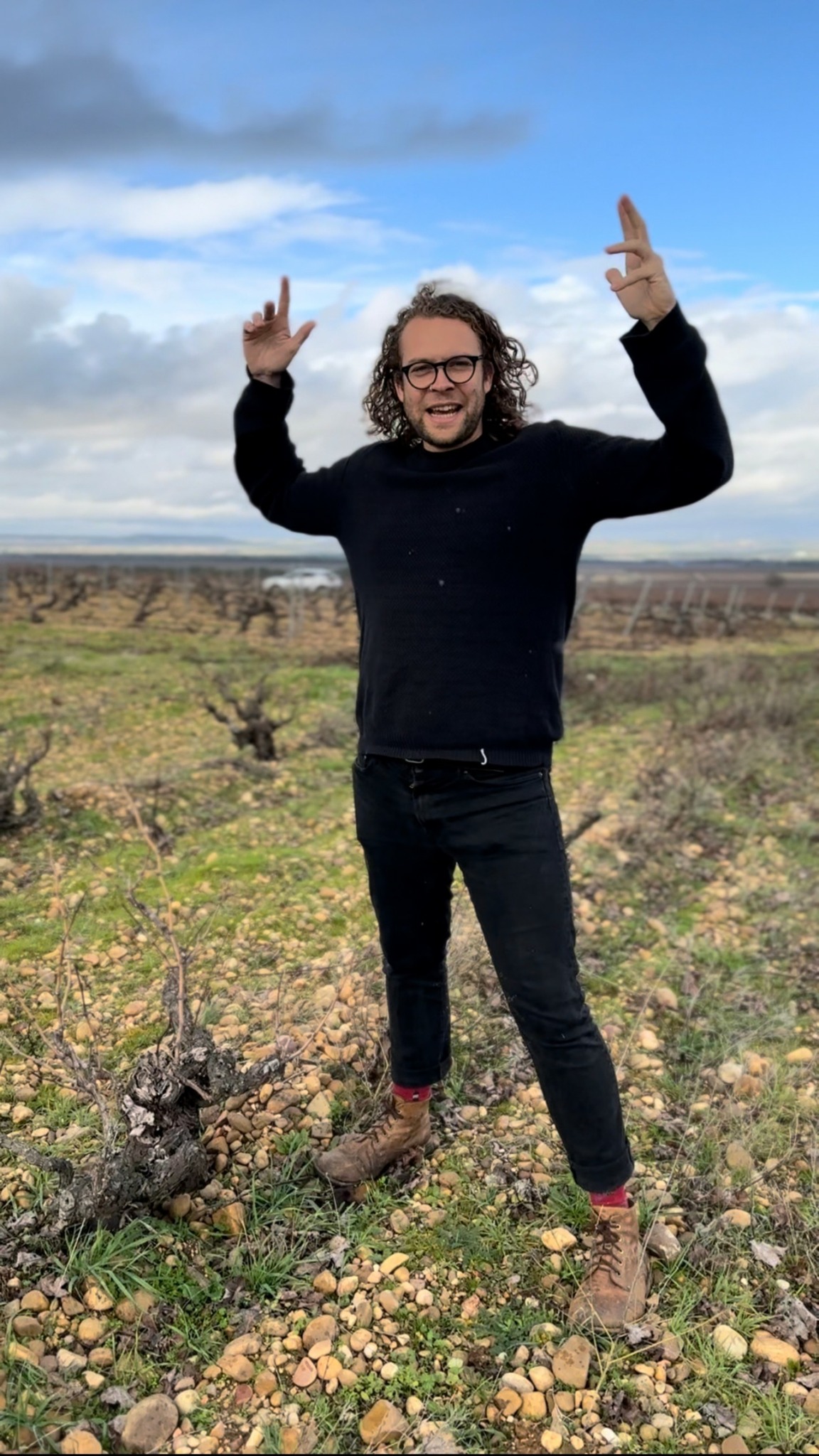
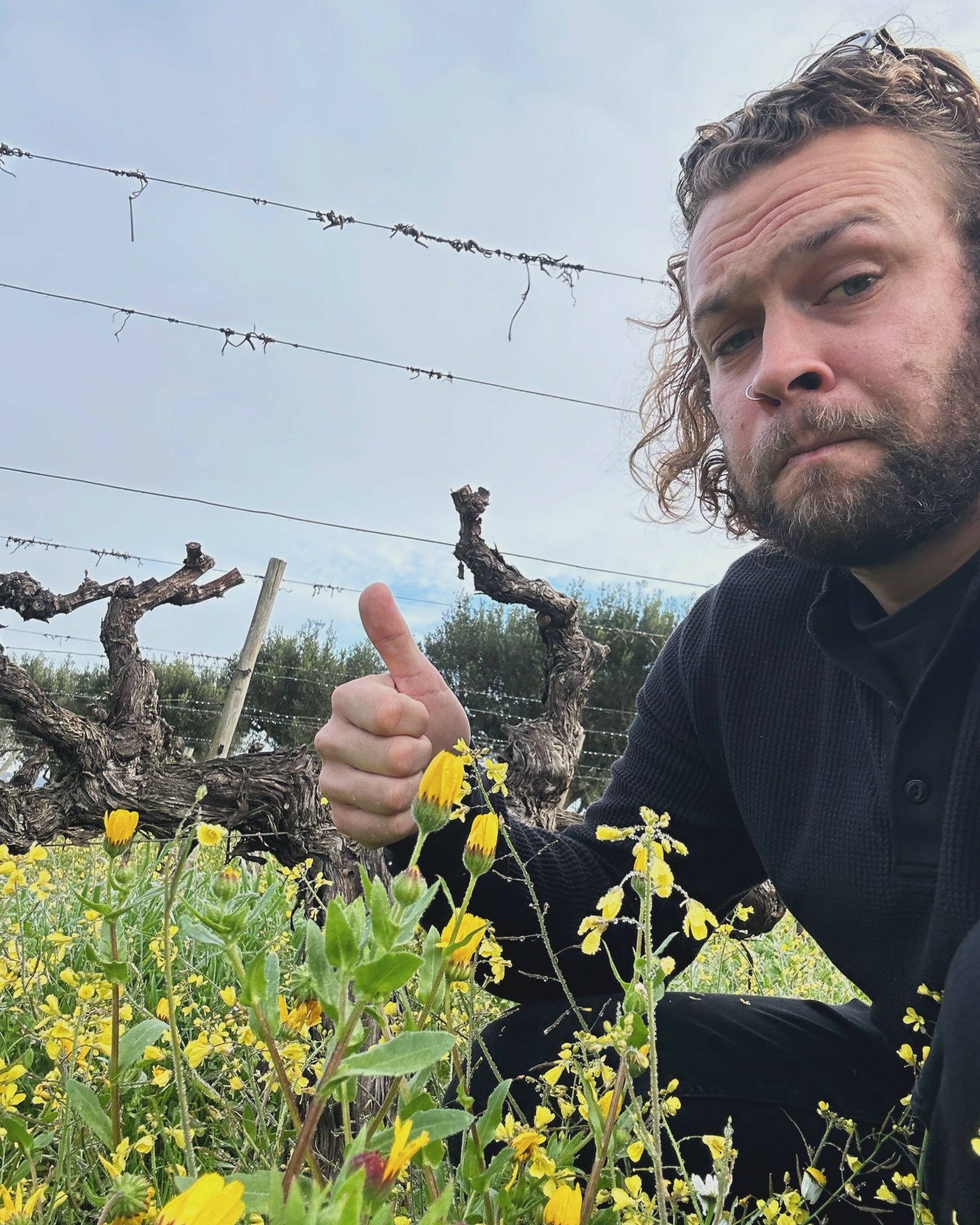
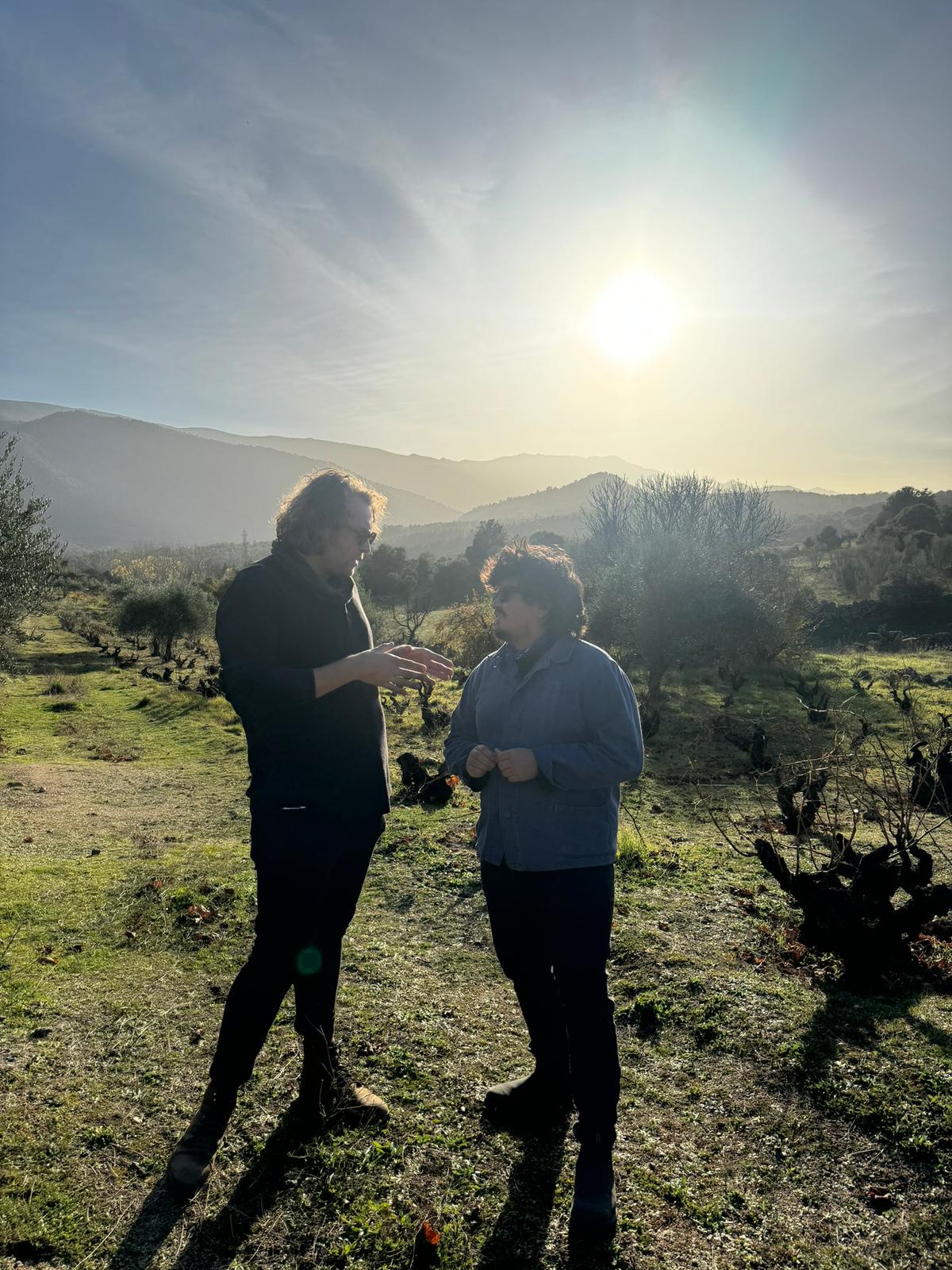
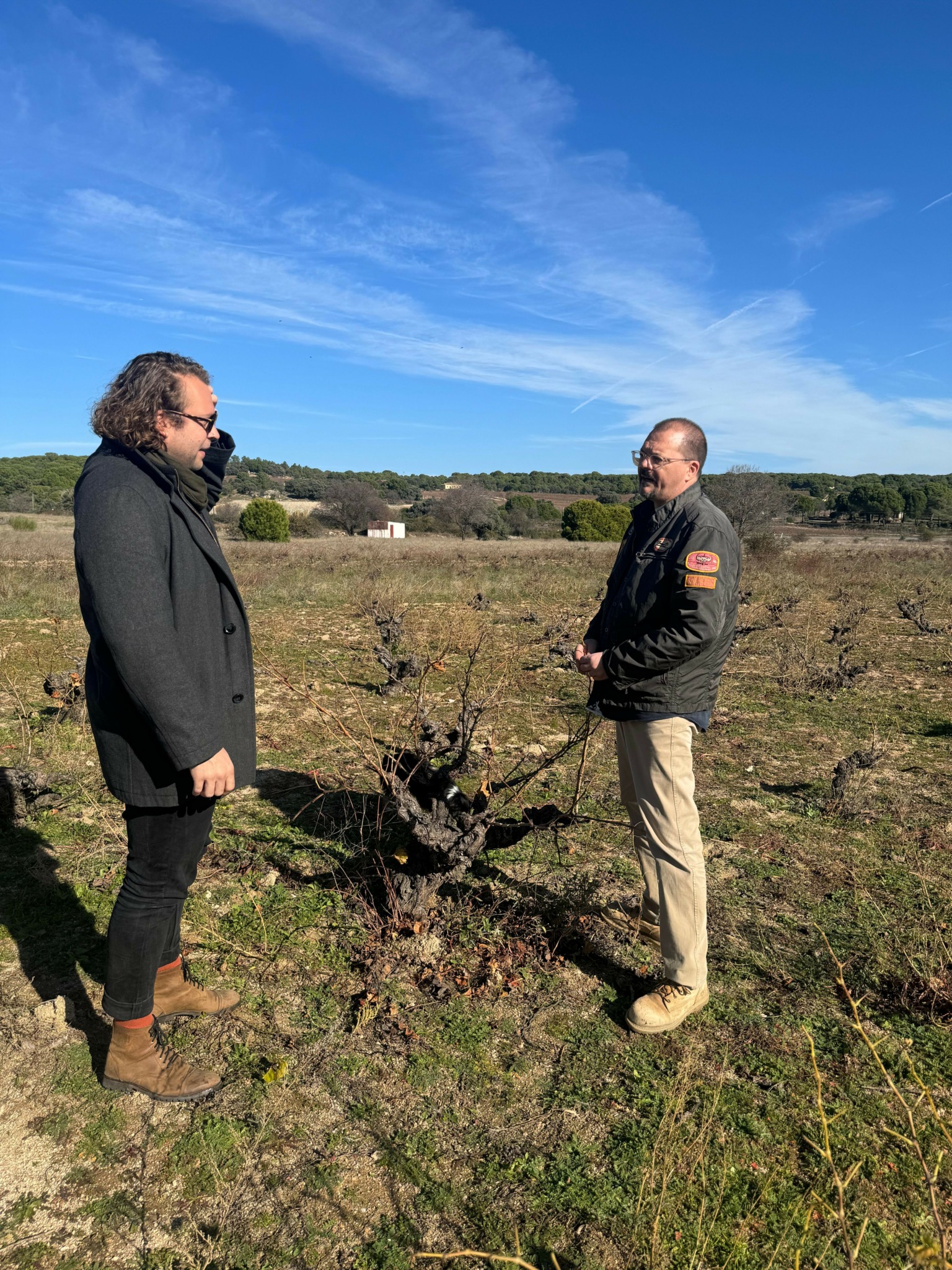
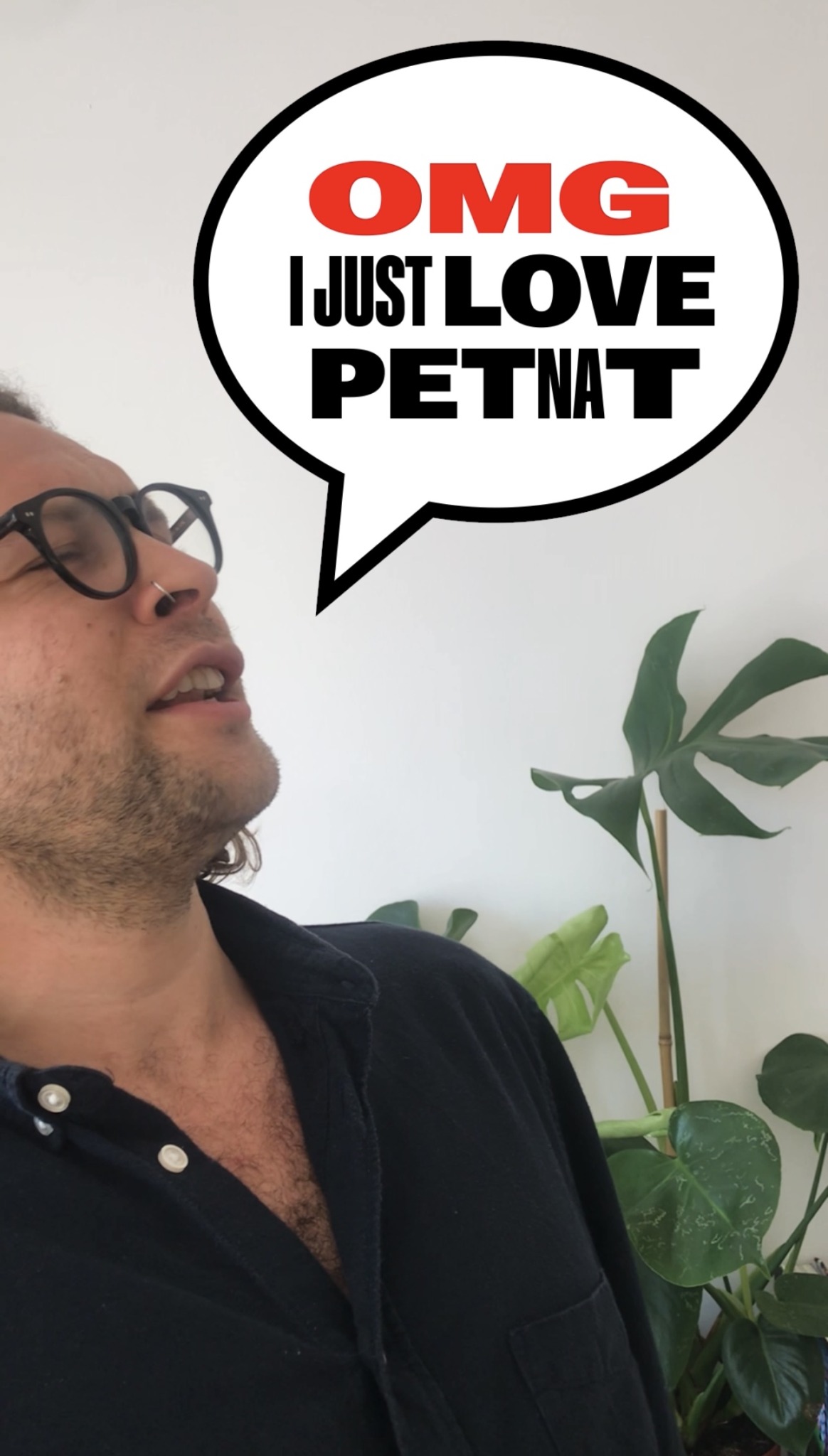
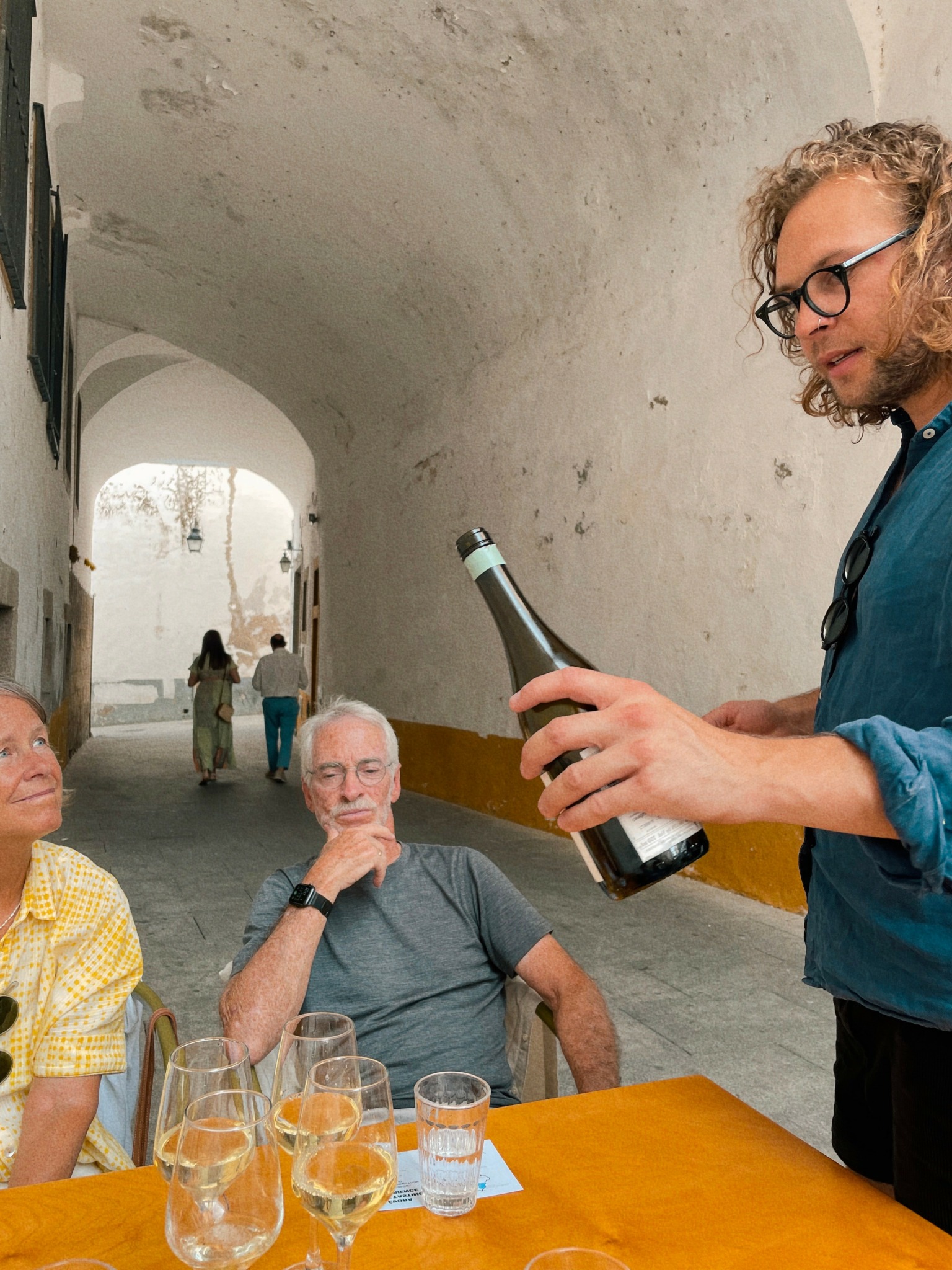
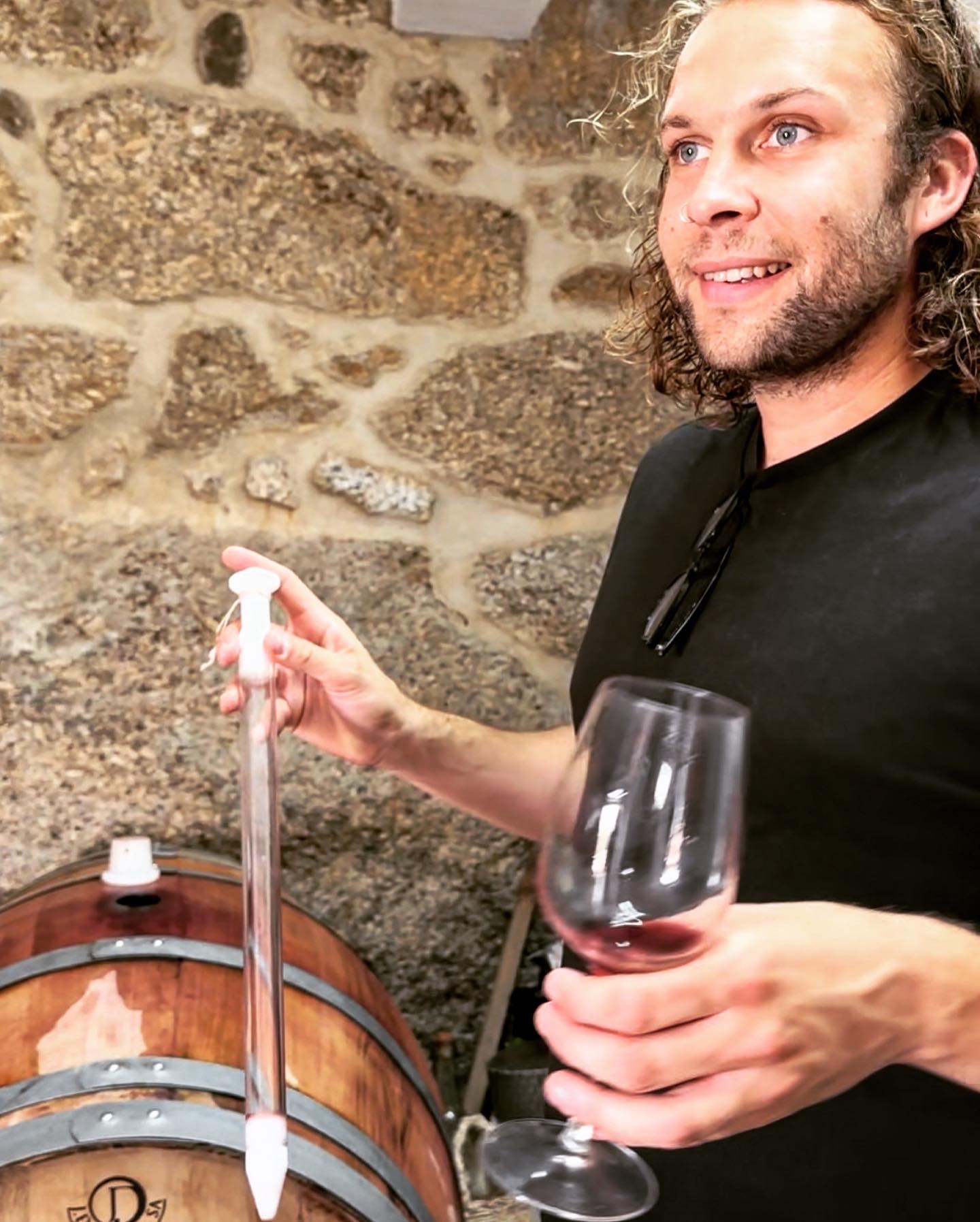
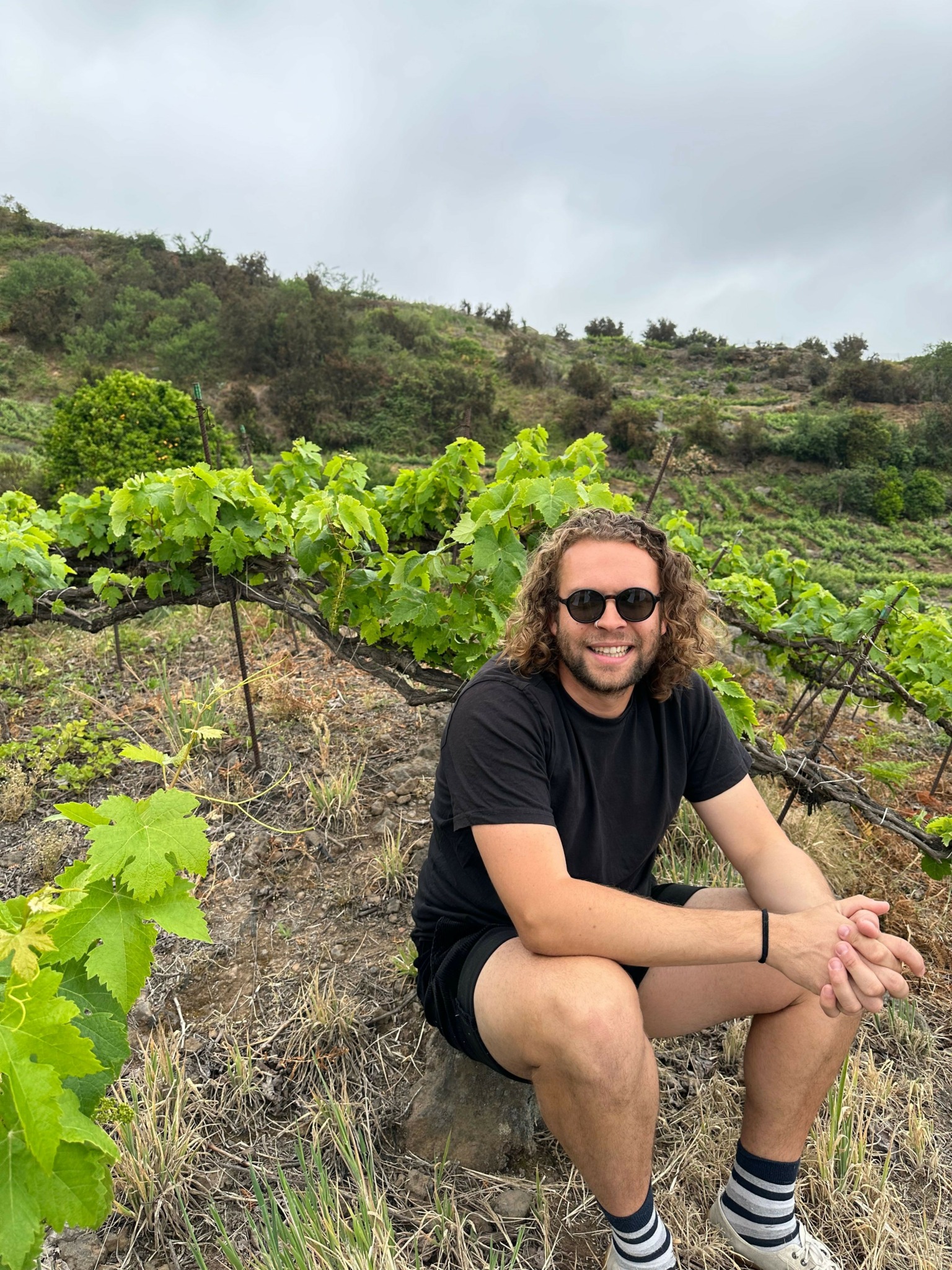
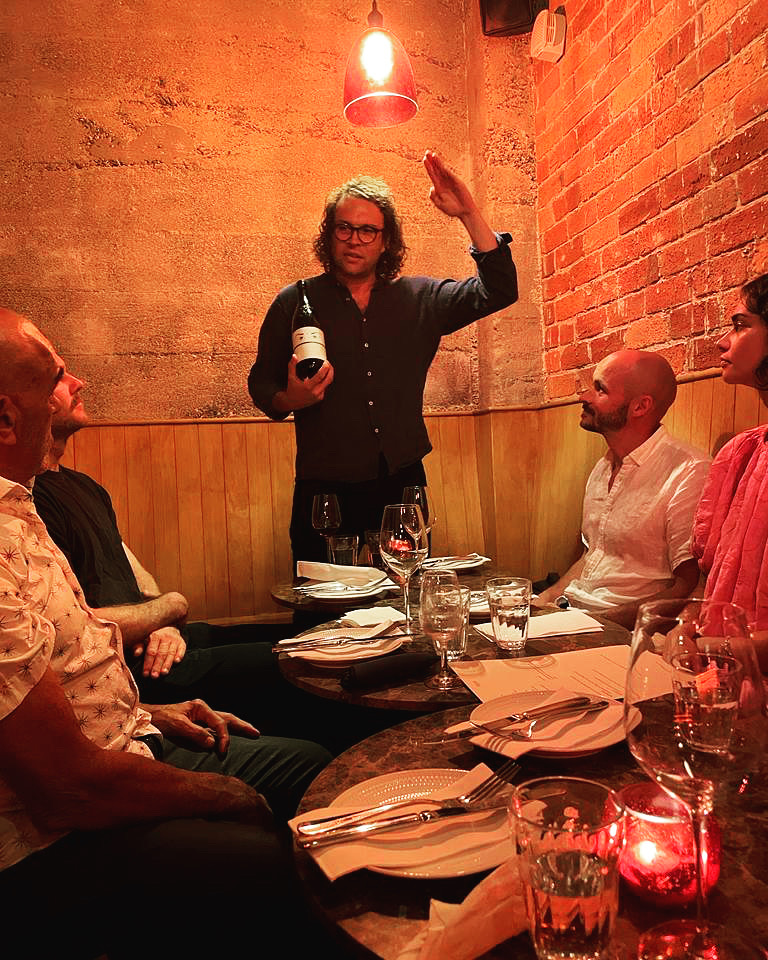
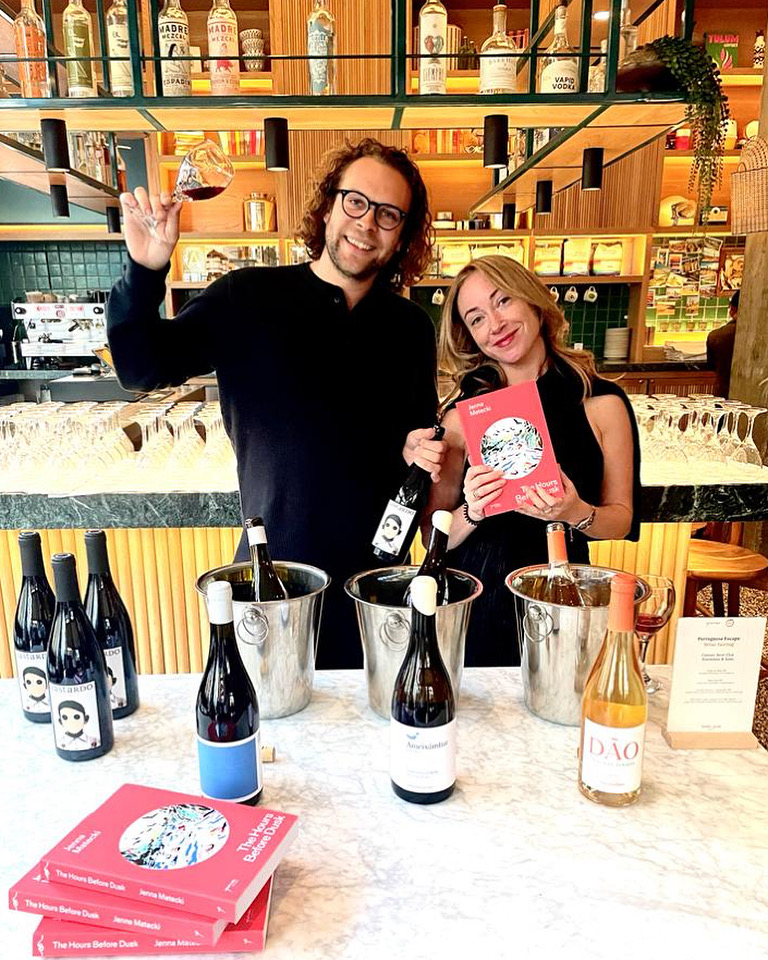
Image Credits
These were all either taken by me or my wife, Amy.


